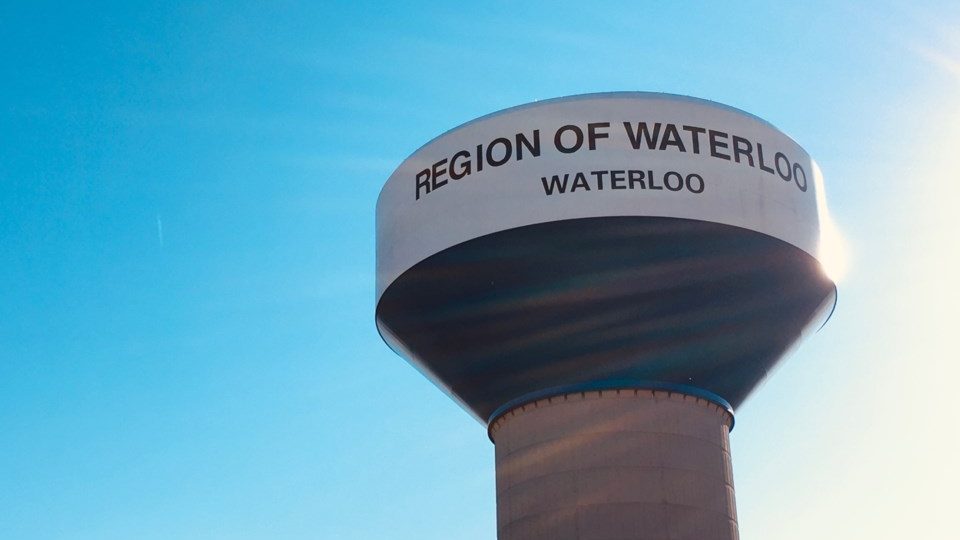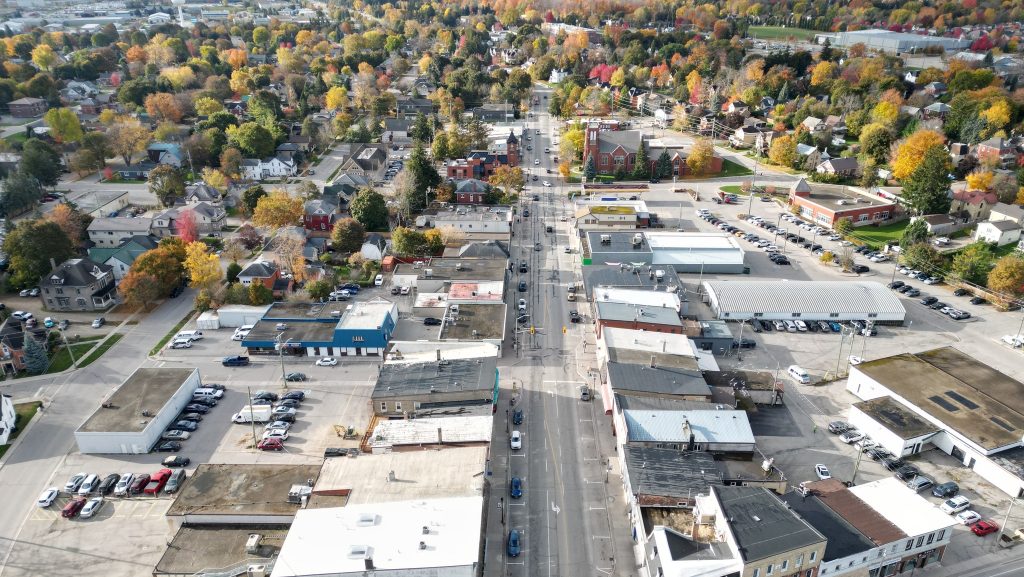The unofficial celebration of Juneteenth in Canada
Posted Jun 19, 2021 09:10:00 PM.
Juneteenth has been catching news headlines lately, from U.S. President Joe Biden signing legislation to establish the day as an official federal holiday, to Black Lives Matter Toronto marching in Ottawa to demand recognition of the day, as well as changes to the justice system.
In an interview with the Canadian Press, Black Lives Matter Canada co-founder Syrus Marcus Ware said they wanted to march on Juneteenth “to show that they're still living with a lot of the same conditions and racism that the police force was built on.”
While Canada’s version of Juneteenth is technically celebrated on Aug. 1, when emancipation came to the British Empire in 1834, both days have found their way into Canadian conversations.
“Because Blackness has no borders, because Indigeneity has no borders, because the concept of U.S. and Canada was a colonial-created construct, we know that the celebration of emancipation is felt all throughout North America,” Ware said. “So on Juneteenth, we are definitely in a moment of celebration and activism here in Canada, saying: 'What can we do to talk about the struggles here in Canada on Juneteenth?'”
Though the holiday has only garnered mainstream attention over the last few months as U.S. states began to formally recognize the day, it has been unofficially celebrated in Black communities since the 19th century to commemorate the end of slavery.
On June 19 in 1865, the U.S. Union troops arrived in Galveston, Texas, bringing the official announcement that emancipation had come to Texas.
Associate Professor Dana Weiner at Wilfrid Laurier University, who specializes in 19th century colonial and African American history, said that emancipation is often over-simplified, when it was in fact a gradual process.
Weiner said many people assume emancipation happened with the Emancipation Proclamation in 1863, but that only applied to states that were under the control of the confederacy. It wasn't enforced until June 19, two years later.
During those years, many African Americans treated Aug. 1 as a holiday to celebrate emancipation, until they achieved their own emancipation in 1865.
“The first of August was a holiday where people of African descent could celebrate their culture,” Weiner said. “And explicitly in their speeches and writings, they talked about how they were looking forward to a time when they would have secured a U.S. that was free from slavery.”
Thus, emancipation was not widespread throughout the U.S. until the Thirteenth Amendment was ratified in December 1865.
“It’s wonderful to see these histories being increasingly recognized as central to the national histories of the U.S. and of Canada. So, let’s not just talk about Black history during Black history month, let’s talk about it year-round,” Weiner said. “History is continually affecting everyone’s lives whether they’re aware of it or not. Why not be informed about global and broader histories, to understand why society has taken the shape that it has?”
The Guelph Black Heritage Society is hosting a virtual celebration tonight at 7 p.m., which will feature several artists, including Kitchener-based Rufus John.
There are also a myriad of virtual events you can join this weekend to celebrate and learn more. You can find a list of them here.
More information on the day can be found at blackpast.org.








